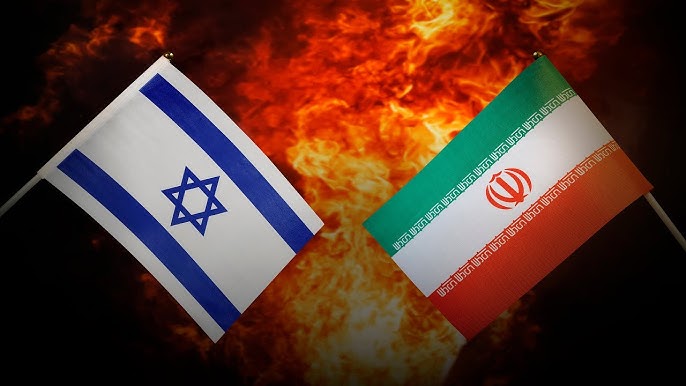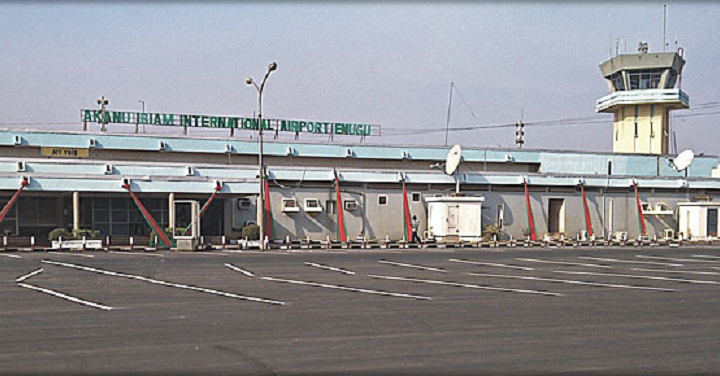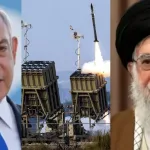In a dramatic escalation of tensions in the Iran-Israel Crisis, Iran launched a barrage of drones and missiles toward Israel in retaliation for a suspected Israeli strike on the Iranian consulate in Damascus, Syria.
The wave of attacks, which occurred overnight on Sunday, underscored the deepening discord between the two nations and raised fears of a wider conflict in the Middle East.
Join our WhatsApp ChannelThe attack, described as unprecedented in scale, saw over 300 projectiles, including drones and ballistic missiles, aimed at Israeli targets. Israeli Defense Forces (IDF) reported intercepting the majority of the projectiles, with only a small number breaching Israeli airspace.
“We have intercepted, we have contained. Together we shall win,” Israeli Prime Minister Benjamin Netanyahu stated, praising the military’s response.
However, the strike has prompted calls for de-escalation from Israel’s allies, including the United States. President Joe Biden emphasized that the U.S. would not participate in offensive operations against Iran and urged Israel to consider the events as a victory, highlighting Israel’s capacity to defend itself.
READ ALSO: Israel-Iran Crisis: Crude Oil Prices Will Rise Above $90 Per Barrel If Conflict persists- Analysts
The attack comes amid heightened tensions between Israel and Iran, fueled by Israel’s ongoing conflict with Hamas and recent airstrikes in Syria. Iran accused Israel of bombing its diplomatic complex in Damascus, resulting in casualties including high-ranking Iranian officials. Tehran vowed retaliation, further intensifying the standoff.
Following the attack, Israel’s War Cabinet convened to determine the appropriate response. While some government officials advocated for a strong reaction, others emphasized the need to assess the situation carefully. The decision on how to proceed rests with the War Cabinet, with considerations including the timing and scope of any potential retaliation.
Iran, meanwhile, warned of a “much bigger” assault on Israel should further attacks occur. The Commander of the Islamic Revolutionary Guard Corps (IRGC) stated that Iran had decided to establish a “new equation” in its relationship with Israel, signaling a willingness to respond aggressively to perceived provocations.
As the region braces for potential escalation, international leaders have called for restraint and dialogue to prevent further violence. The unfolding crisis underscores the volatile nature of relations between Iran and Israel and the precarious balance of power in the Middle East.
Emmanuel Ochayi is a journalist. He is a graduate of the University of Lagos, School of first choice and the nations pride. Emmanuel is keen on exploring writing angles in different areas, including Business, climate change, politics, Education, and others.
- Emmanuel Ochayihttps://www.primebusiness.africa/author/ochayi/
- Emmanuel Ochayihttps://www.primebusiness.africa/author/ochayi/
- Emmanuel Ochayihttps://www.primebusiness.africa/author/ochayi/
- Emmanuel Ochayihttps://www.primebusiness.africa/author/ochayi/




















Follow Us